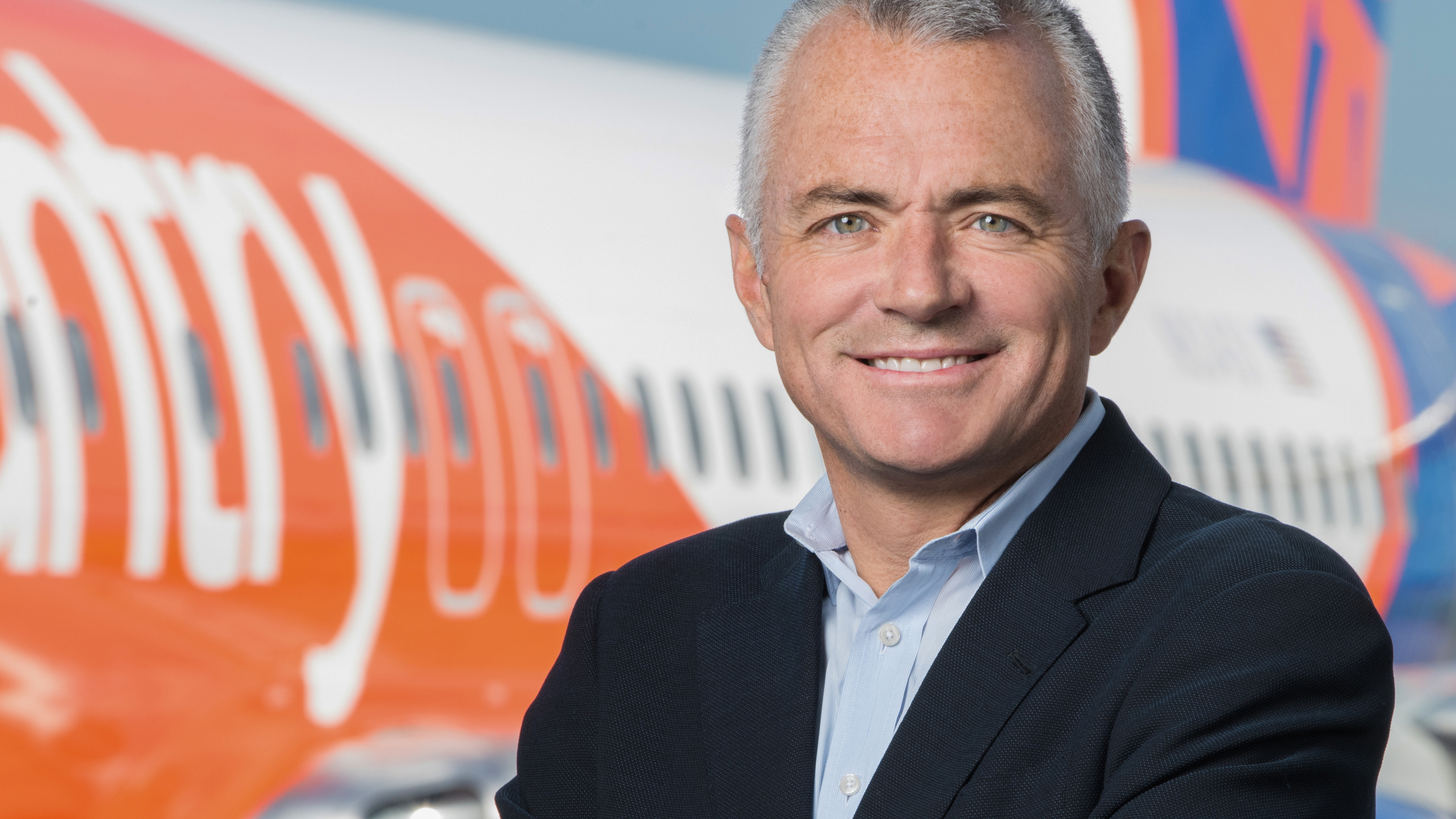
The chief financial officer of the first US airline to go public in two years outlines how it resurrected its listing plans and defied the travel industry’s bleak outlook.
For airlines around the world, this past year has been one to forget. Closed borders and national lockdowns have crippled the travel industry and prompted governments to bail out once-profitable national champions. But some airlines have fared better than others, perhaps none more so than Minneapolis-based Sun Country Airlines.
Like many of its low-cost peers, the small but fast-growing carrier specialises in sending holiday-makers to summer destinations around the Americas. But Sun Country is not your average airline. Following its 2018 takeover by private equity firm Apollo Global Management, its operating model was revamped in a way which insulated it from the worst of the pandemic.
“We didn’t want to create another ultra-low-cost carrier in the US,” recalls Sun Country’s chief financial officer Dave Davis. “We didn’t think there was any space for that. Instead, we created this pretty unique model.” At that time the airline operated commercial passenger flights and a chartered business. Its new leadership decided to add third offering: a fleet of 12 cargo aircraft. In December 2019, on the eve of a record year for global e-commerce sales, Sun Country signed a multi-year agreement with Amazon to transport the online retailer’s goods around the region. Among other changes, the airline switched from a lease model to an ownership model, which reduced costs and gave it more control over maintenance programmes.
A resilient model
Sun Country’s finances are further aided by a focus on scheduling aircraft to meet periods of peak demand, rather than offering daily, year-round flights. The flexibility of being able to change schedules and share resources across three business lines allows Sun Country to optimise income. “That high maximum unit revenue, combined with our low-cost structure, makes it a quite profitable airline,” says Mr Davis. “Plus, our cargo business was just ramping up so it served as a great offset to the weakness in the passenger side. That allowed us to handle the crisis really well.”
Its 2020 revenues were down some 40% on the year prior but its operating income margins were, Sun Country believes, the best among US airlines. “We didn’t furlough any pilots or flight attendants, and we have been actively hiring pilots for a few months,” Mr Davis told The Banker in April.
Reworking an IPO
Following the early success of its Apollo-era changes, Sun Country began contemplating an initial public offering (IPO) in December 2019. Its plans were derailed just a few months later when the extent of Covid-19’s disruption became clear, but most of the building blocks for going public remained in place. “Working our way through 2020 we realised our performance was quite good, so we retooled our IPO ambitions late in the year,” says Mr Davis. “Then the market for airline equities got strong, so we decided it was the right time to IPO.”
Sun Country appointed Barclays, Morgan Stanley and Deutsche Bank to do most of the heavy lifting. They were supported by joint bookrunners Nomura and Goldman Sachs. Despite the stagnant tourism sector and there being no US airline IPO for nearly two years, Sun Country’s sound financials and resilient business model meant management had no reservations about the deal. “We saw case numbers come down and the vaccine rolling out, so we became more confident in the rebound in demand, which is now manifesting itself,” says Mr Davis.
We saw case numbers come down and the vaccine rolling out, so we became more confident in the rebound in demand
Shares were marketed at between $21 and $23 during a virtual roadshow, in which Mr Davis and his team fielded questions from more than 70 investors. After strong feedback, on March 16 Sun Country floated more than nine million new shares on Nasdaq at $24 each. The deal was 13 times oversubscribed, leading the underwriters to exercise their greenshoe option in the following weeks. In total, the listing raised $250.9m.
Alongside the IPO, Sun Country undertook a concurrent private placement with BlackRock and PAR Capital. “[PAR] are known for having made a lot of money investing in airlines, so we thought their stamp of approval was a vote of confidence for our business plan and company,” says Mr Davis. “It turned out it was.”
Patterns repeat
Sun Country shares surged 40% on their first day of trading and have continued to perform well in the aftermarket. This has prompted some to query if the deal was undervalued, but Mr Davis believes it was priced correctly, particularly for Apollo which still holds the controlling stake. “For the major shareholder it is really important to have a well-executed IPO with a lot of demand,” he says. “It is more focused on where the price goes, rather than where it started.”
The funds have been used to repay a $45m loan received under the government’s support programme for airlines, and the rest will be used to fuel the firm’s growth. Indeed, Mr Davis notes that passenger bookings in March and April were ahead of 2019 levels, and he expects demand recovery to continue into 2022. While long-haul travel will take some time to return, Sun Country’s sweet spot will rebound quicker. “I was in the industry post-9/11 and post-financial crisis, and it’s always the same pattern,” he says. “Domestic leisure travel comes back first. And we see it playing out even more strongly this time around.”


